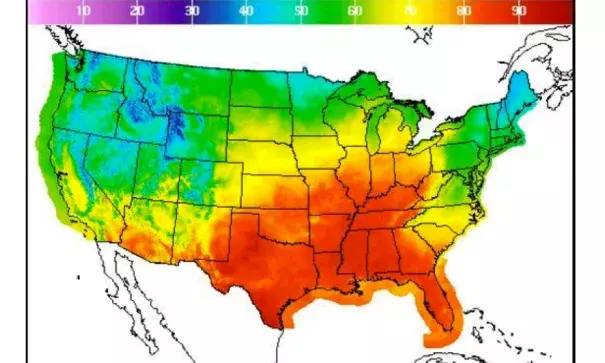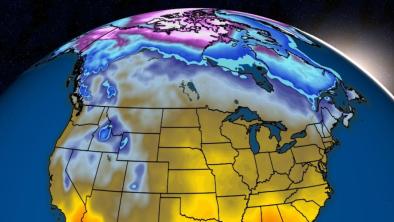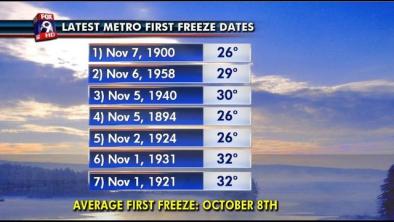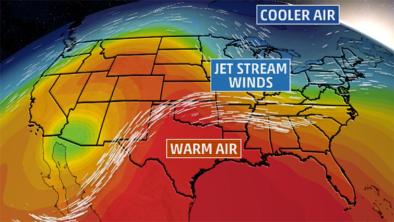Record-breaking heat wave hits portions of the United States

A fall heat wave has hit portions of the United States in the South and Plains states as several cities broke records on Halloween, forecasters said.
According to Weather.com, Atlanta's high Monday of 86 degrees is the latest date in the year on record that it was that warm. The previous record of 85 was set in 1961.
The National Weather Service office in Dodge City, Kan., got in the holiday spirit Monday, calling for a "spooky hot Halloween." It hit a record 90.
Record highs also were recorded in Garden City, Kan. (90 degrees), Asheville, N.C. (81 degrees), Huntsville, Ala. (88 degrees), Tallahassee, Fla. (90 degrees), Pensacola, Fla. (89 degrees) and Fort Smith, Ark. (89 degrees).
The weather service predicts the first days of November will continue with record high temperatures.
...
Last month, around 5,000 warm weather records were set, compared to about 500 cold weather records.
"Even more noteworthy than the degree of warmth is the lack of widespread autumn chill," noted Weather Underground's Bob Henson. "For example, Minneapolis has yet to dip below 36 degree Fahrenheit. ... In records going back to 1873, the latest Minneapolis has ever gone before seeing its first 35 degrees of the autumn is Nov. 1, way back in 1931."
When Phoenix hit 100 degrees last Thursday, it was the latest in the year it had hit triple digits by four days.
Throughout the United States, there hasn't been much cold weather.
"This year has produced 20,847 U.S. daily record highs but a mere 3,920 record lows," Henson said. "The latter may sound like a lot, but it's a phenomenally low number. Since the mid-1920s ... the nation has notched at least 9,000 daily record lows by the end of October in every single year. This year, we're not even halfway to that point!"
Scientists believe human-caused global warming is expected to increase the likelihood of heat waves worldwide and contribute to more droughts
Related Content






